News: Tariffs
Rethinking WTO Rules on Chinese Industrial Subsidies, and Approaches for Future Reform
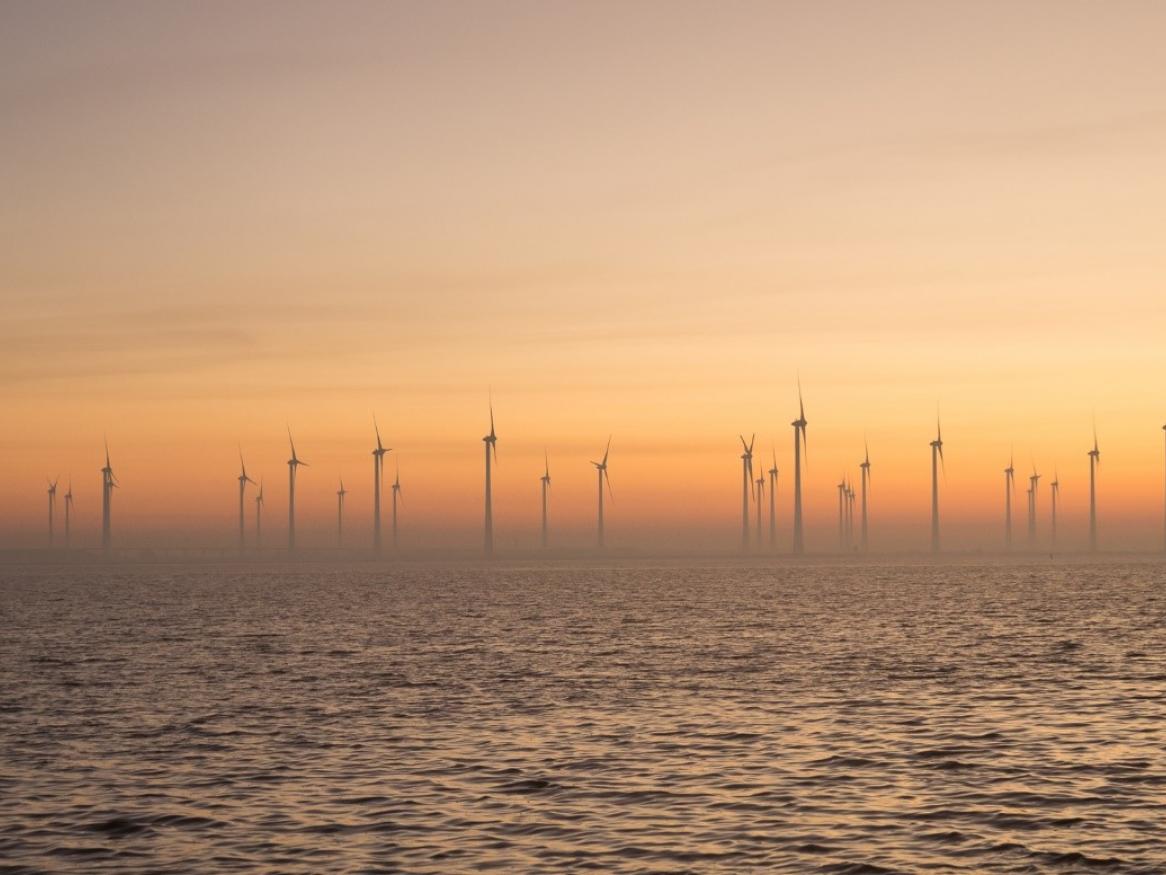
Weihuan Zhou is Associate Professor, Director of Research, and Member of the Herbert Smith Freehills China International Business and Economic Law (CIBEL) Centre, Faculty of Law and Justice, UNSW Sydney. Mandy Meng Fang is Assistant Professor, School of Law, City University of Hong Kong.
The reform of WTO rules on industrial subsidies should be based on a better understanding of the efficacy of the rules on China and fresh principles and approaches. It is time for governments to rebuild the political will needed for international cooperation.
Building more resilient global value chains
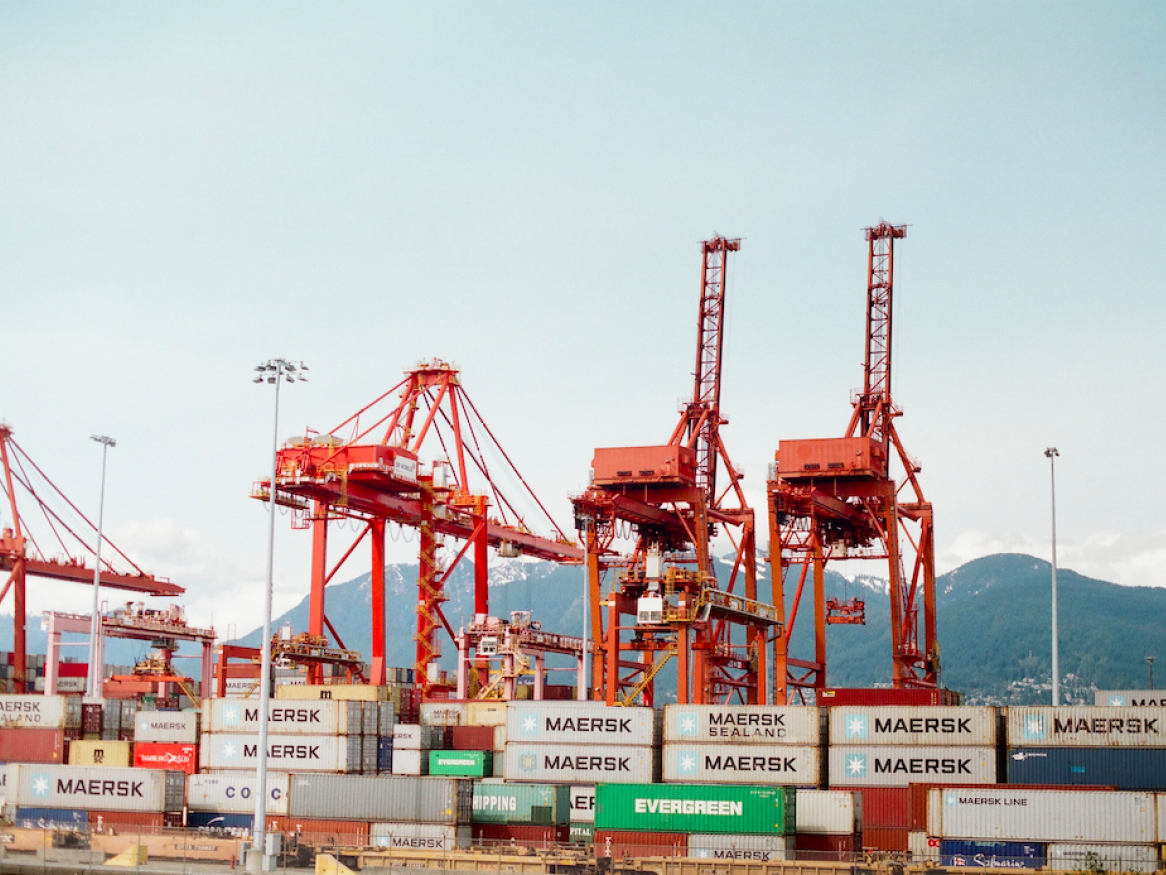
Ken Ash, Independent Consultant, IIT Visiting Fellow, and former OECD Director of Trade and Agriculture.
The COVID-19 pandemic emerged in a world characterized by high trade tensions and considerable inertia across the multilateral trading system. A number of countries were moving towards plurilateral, regional and bilateral trade arrangements, and some governments were already beginning to explore ways in which they might more actively shape domestic economic activity.
[Read more about Building more resilient global value chains]
What can Australia gain from agricultural subsidy reform?
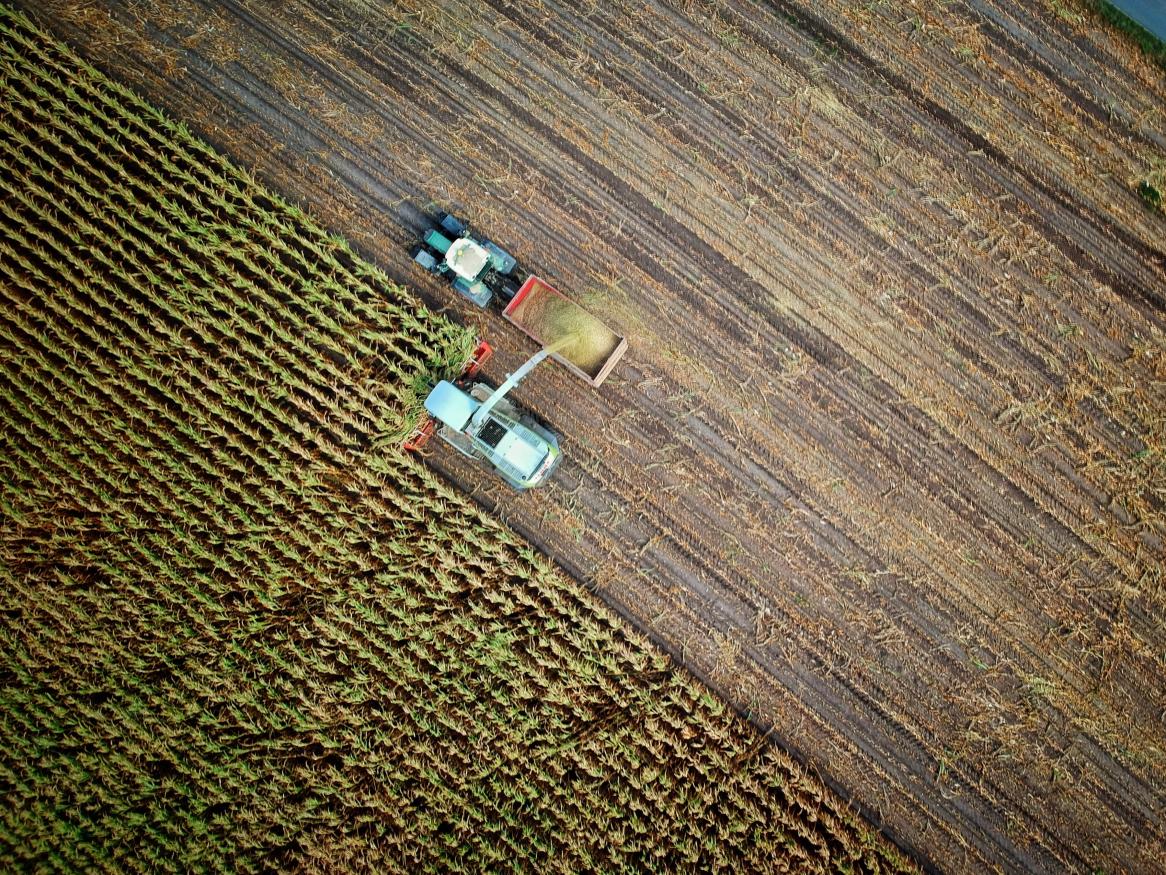
Kym Anderson, George Gollin Professor Emeritus, School of Economics, University of Adelaide; CEPR Fellow; and Honorary Professor of Economics, Arndt-Corden Dept of Economics, Australian National University.
Even though research earlier this century suggested market access barriers were far more important than domestic subsidies in restricting global farm trade, new analysis suggests farm subsidies have become far more important in recent years.
[Read more about What can Australia gain from agricultural subsidy reform?]
Brexit Done, A UK-EU Trade Agreement to Go?

By Richard Pomfret, Professor of Economics & Jean Monnet Chair Economics of European Integration, the University of Adelaide
A trade agreement between the UK and EU27 looks in trouble. The UK left the EU on 31 January. 2020 is the transition year when the Withdrawal Agreement is implemented and the UK and EU reach agreement on their future relations. Distracted by COVID, some people, e.g. Irish deputy PM Simon Coveney, argue that this timeframe for reaching agreement in future relations is too short, while UK negotiators insist that the deadline is non-negotiable.
[Read more about Brexit Done, A UK-EU Trade Agreement to Go?]
Responding to COVID-19: A key role for ASEAN in the region
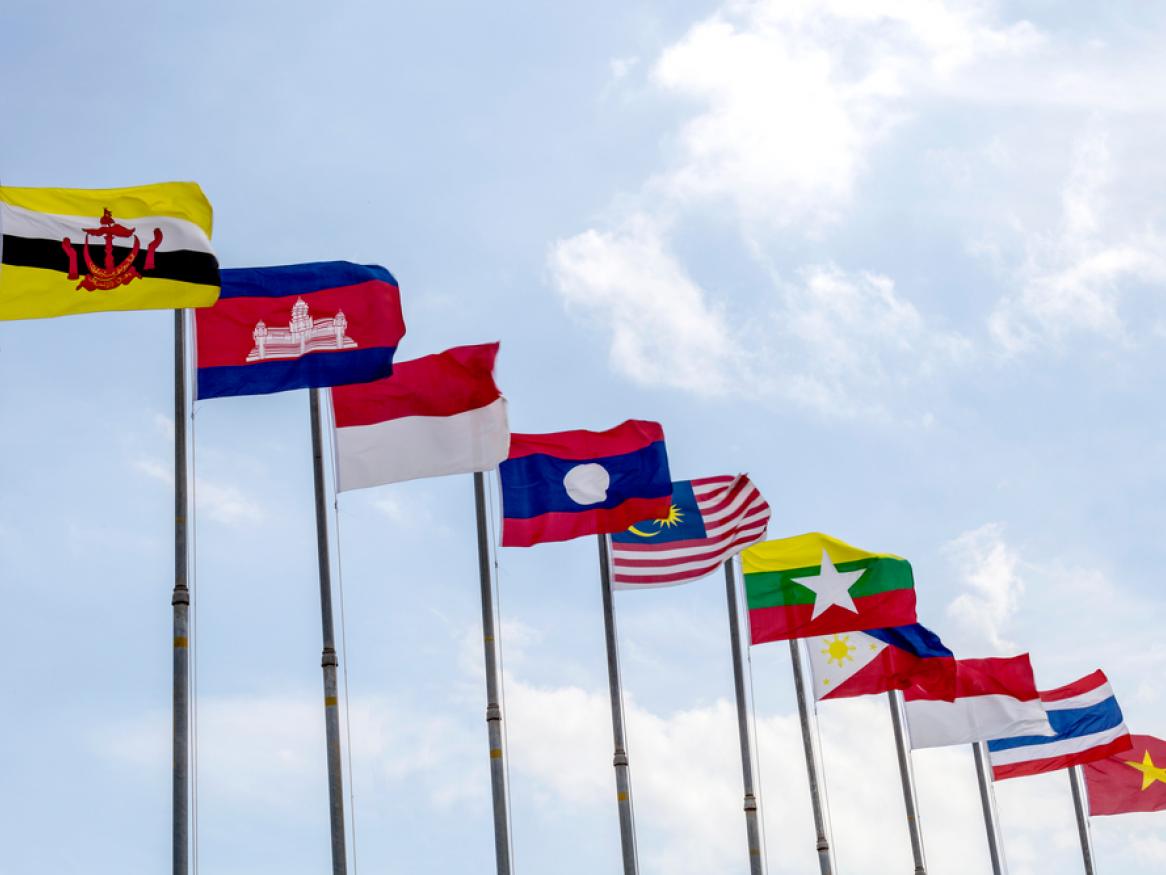
By Milton Churche and Michael Mugliston, visiting fellows, Institute for International Trade, University of Adelaide.
A key characteristic of the health and economic crises unleashed by Covid-19 is the very high degree of uncertainty over the course of the disease, the trajectory of the economic downturn and the roadmap for restoring sustained economic growth. Indexes measuring global policy uncertainty are showing unprecedented levels of uncertainty. The World Pandemics Uncertainty Index that measures economic uncertainty associated with pandemics and other disease outbreaks since 1996 is at record highs.
[Read more about Responding to COVID-19: A key role for ASEAN in the region]
India’s Trade Policy: Embracing national interests and selective engagement
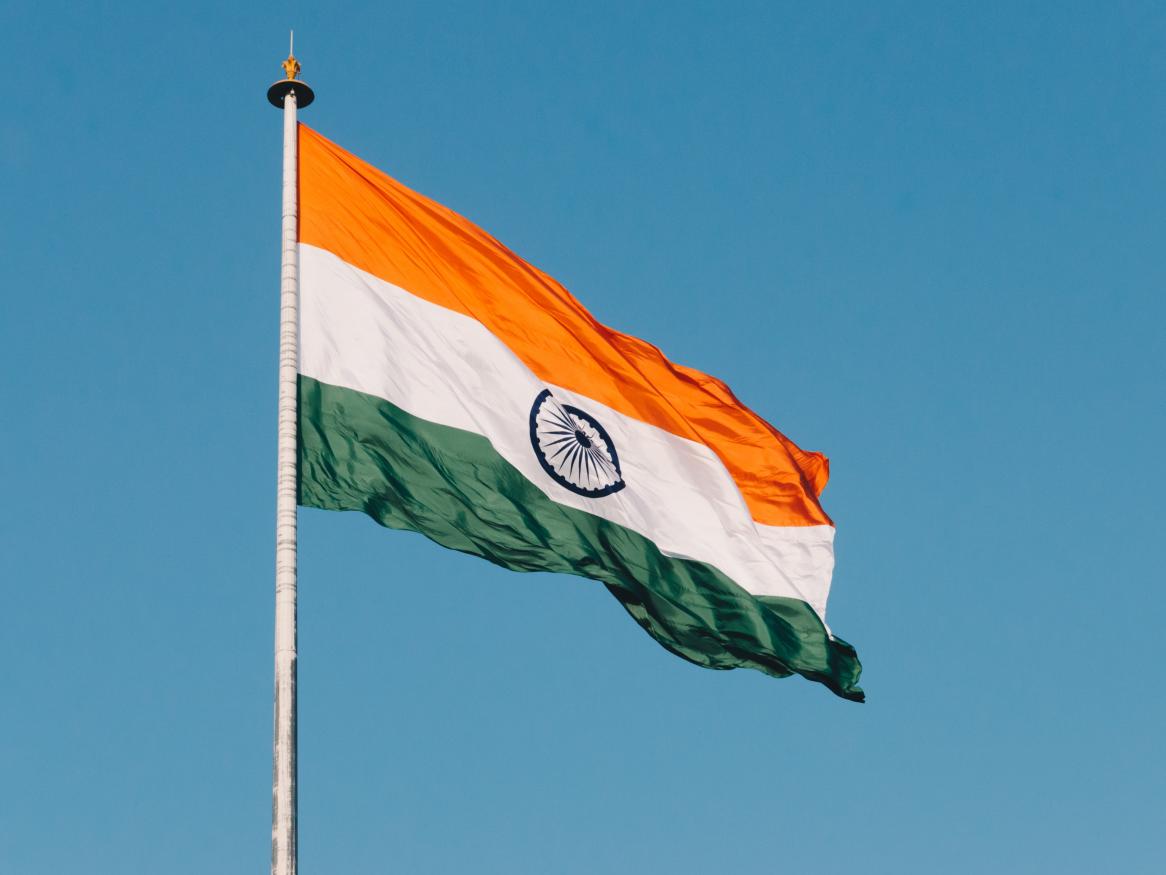
By Amitendu Palit, Senior Economic and Trade Policy Research Fellow at the Institute of South Asian Studies in the National University of Singapore.
Six months have passed since India decided to stay out of the Regional Comprehensive Economic Partnership (RCEP). With the rest of the RCEP members going ahead with the agreement and finalizing its text, India is unlikely to be a part of RCEP in the foreseeable future. This is notwithstanding the hint dropped by India’s external affairs minister Dr. S Jaishankar earlier in the year on India ‘rethinking’ the decision.
[Read more about India’s Trade Policy: Embracing national interests and selective engagement]
China used anti-dumping rules against us because what goes around comes around
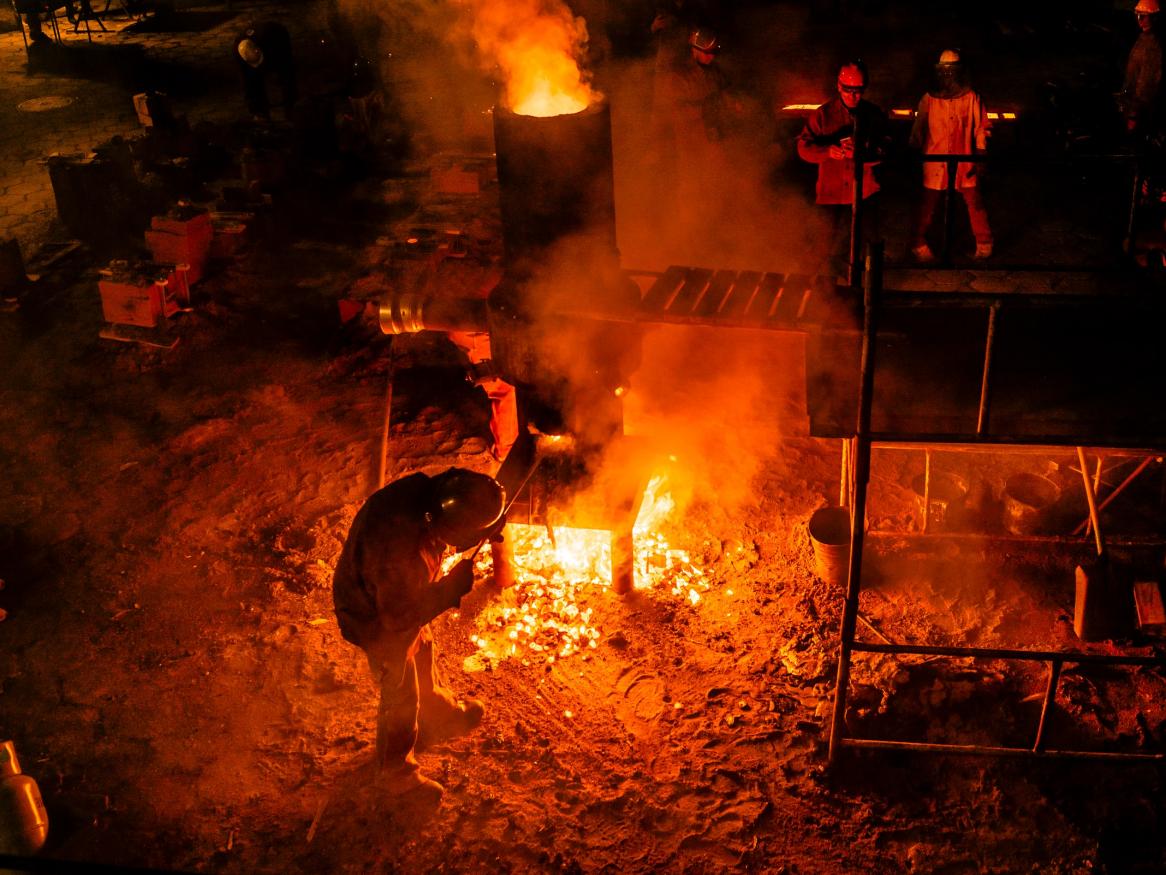
Australia has acted with dismay to China’s decision to impose punitive mostly “anti-dumping” tariffs of 80.5% on imports of Australian barley. The culmination of an 18-month investigation, China’s move threatens to wipe out Australian barley exports to China, worth A$600 million in 2019, unless China withdraws the measure either unilaterally or following a successful challenge at the World Trade Organisation (WTO). However poorly justified, there are precedents for what China has done, many of them from Australia.
[Read more about China used anti-dumping rules against us because what goes around comes around]
A Phase One Deal, but for what purpose?
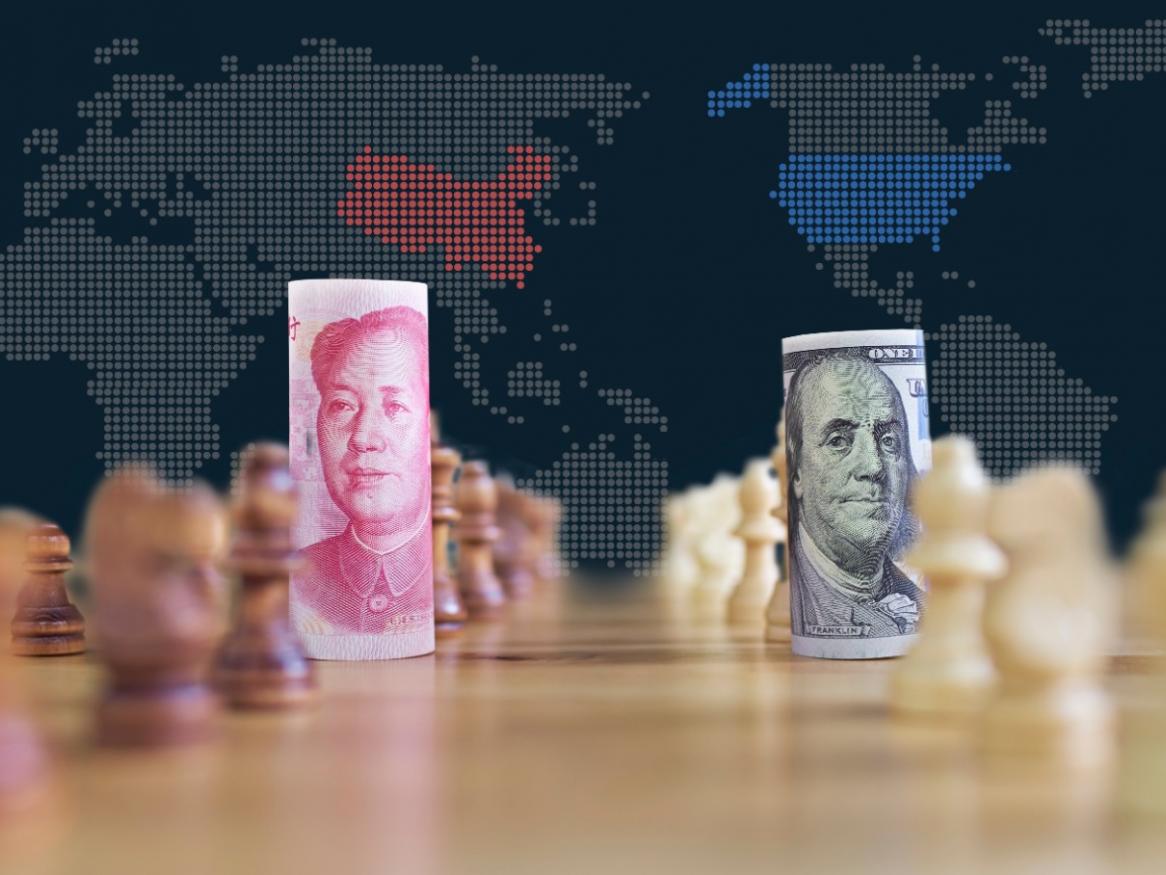
Naoise McDonagh - Lecturer, Institute for International Trade, University of Adelaide
What does the Phase One trade deal between the U.S. and China indicate for the wider trade conflict between the two countries? To answer that question requires analysis of the deal’s specifics in the broader context of the trade conflict and its underlying causes.
Failure of strategic trade diplomacy
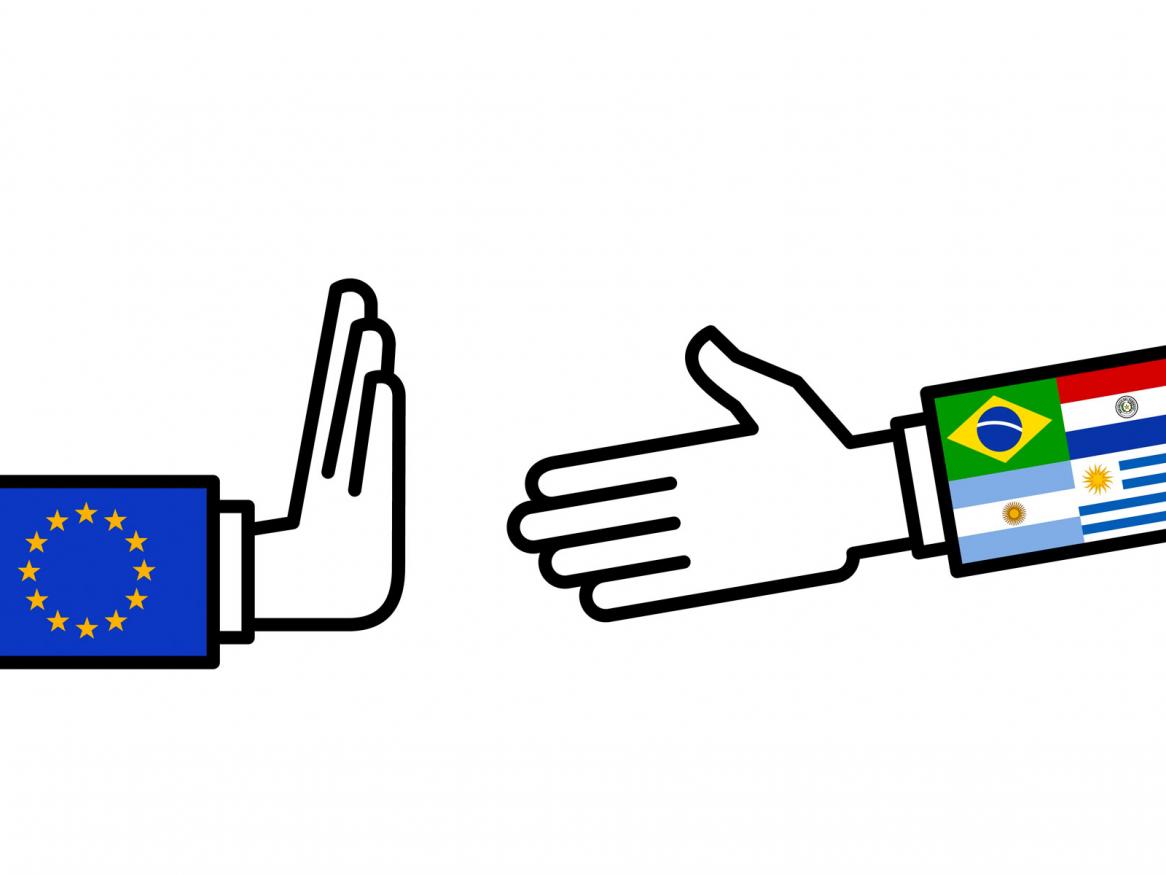
Naoise McDonagh - Lecturer, Institute for International Trade, University of Adelaide
In June 2019 a free trade agreement (FTA) two decades in the making was struck between the EU and the South American customs union Mercosur (currently comprising Argentina, Brazil, Paraguay and Uruguay).
This work is licensed under Commons Attribution-NonCommercial-NoDerivatives 4.0 International License.
IIT is a global leader in researching, analysing and commenting on International Trade.
Stay informed about our up-and-coming seminars, events, publications, awards, new projects and collaborations, and other exciting news.
